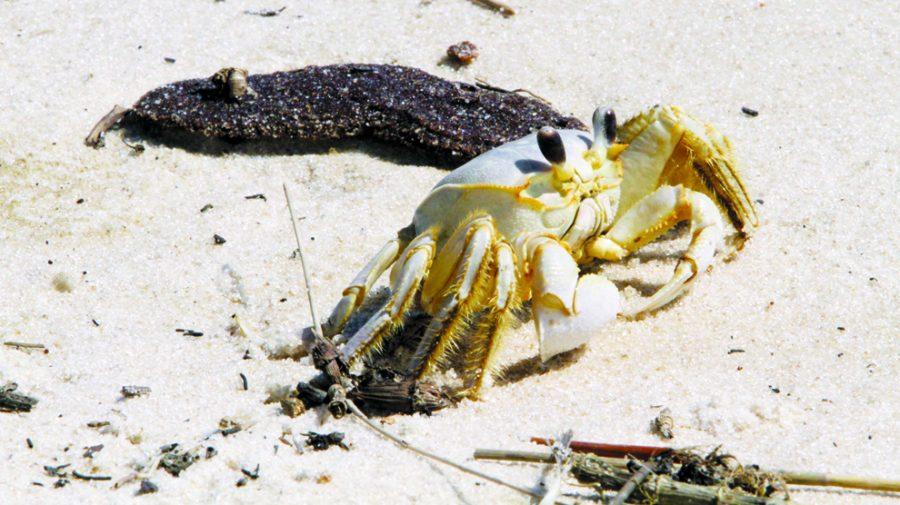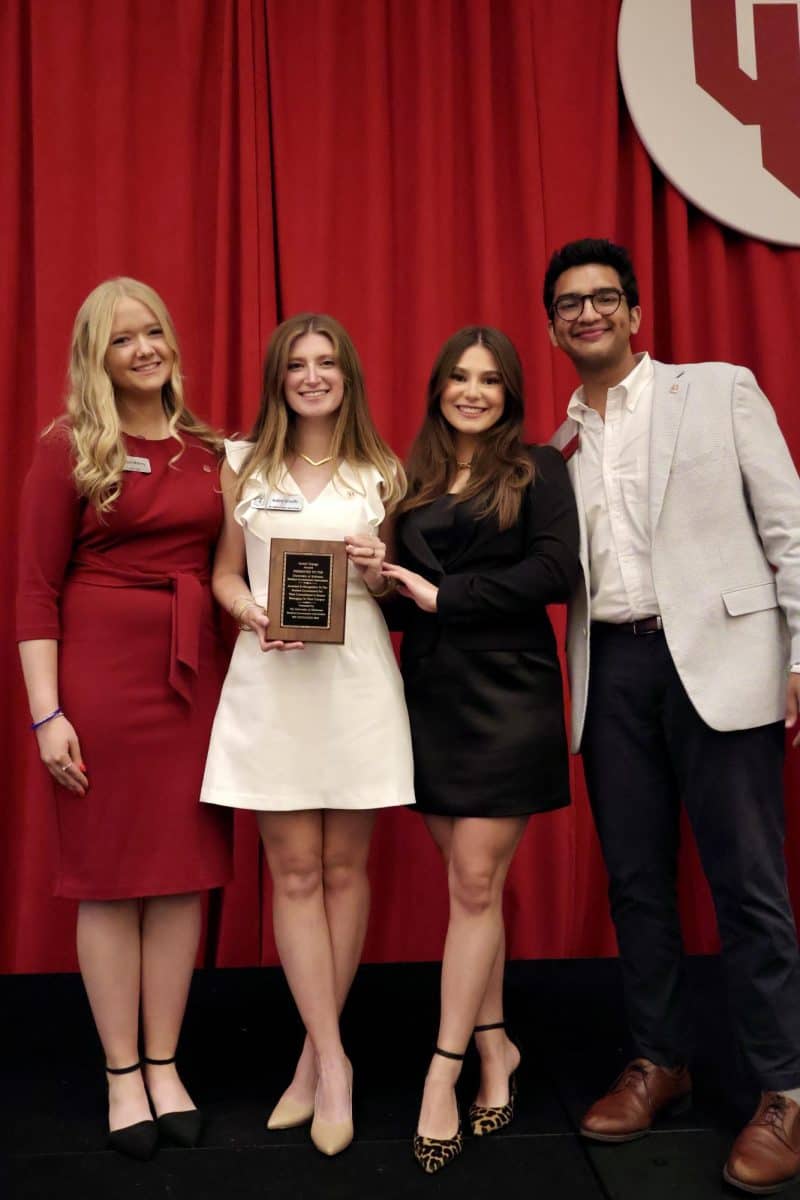The National Science Foundation Rapid Response Grant was awarded to two University of Alabama biology professors to perform research on environmental clean up solutions in the Gulf of Mexico. Behzad Mortazavi, an assistant professor of biological sciences, and Patricia Sobecky, the biology department chair, both received a grant for $124,999 allowing them to further their research.
Following the accident on the Deepwater Horizon drilling platform in the Gulf of Mexico on April 21, crude oil has been continuously discharging at an estimated rate of 35,000 to 60,000 barrels per day.
So far, attempts at stopping the oil spill have not been successful and, according to the latest estimate, the spill from the well may continue until a relief well becomes operational in August.
The team’s main research objective was to determine means of enhancing rates of biodegradation of the hydrocarbons in the coastal zone of the northern Gulf of Mexico that were a result of the Deepwater Horizon oil spill.
“We process materials for a variety of analyses including chemical and biological determinations to assess the microbial oil degradation capacities,” Sobecky said.
Some of the team’s other objectives include identifying sources of naturally occurring marine organic matter in the affected areas, identifying the composition and genomic potential of the microbial consortium, and examining changes in the rate processes and composition of the microbial consortium as the oil is weathered over the course of a year.
Once the oil reaches the coast, clean up of the spill will be an arduous task. Passive and active bioremediation can provide a solution to the spill in the coastal zone, according to the project summary.
“Our long term goal is to develop based on biological data generated from this research feasible engineering solutions to assist in mitigating the effects of oil contamination in our coastal waters,” Mortazavi said.
Bruce Hamilton, program director of environmental sustainability at the National Science Foundation stated that the primary goal of this proposal is to determine means of enhancing rates of biodegradation of the hydrocarbons in the coastal zone of the northern Gulf of Mexico resulting from the catastrophic Deepwater Horizon oil spill.
“The scope and impact of this ongoing oil spill disaster are of unprecedented scale, and information on key environmental data is critically needed as quickly as possible,” Hamilton said. “A longer term objective is to develop feasible engineering solutions based on sound biological data to assist in mitigating the long-ranging effects of offshore and coastal oil contamination.”







